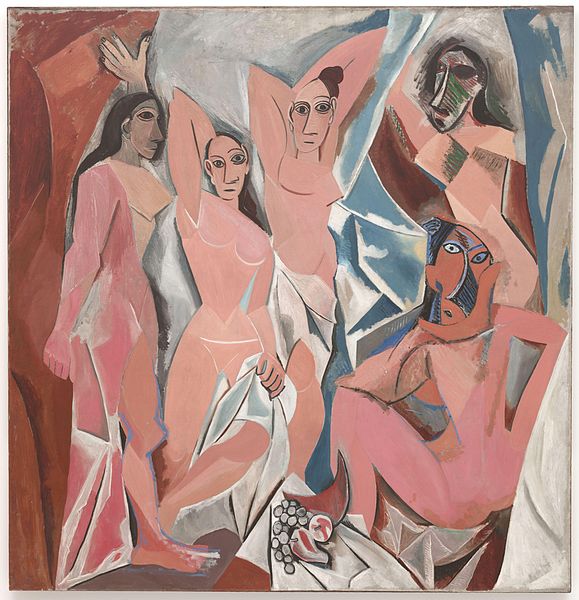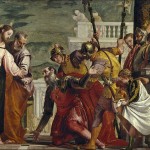 The Vatican II document Nostra Aetate is primarily remembered as being addressed to the Jews, and its importance in that regard cannot be overstated, but its importance is actually even broader, in that it recognizes that, to use the Catechism’s phrase, “elements of sanctification and truth” exists outside the (visible) Catholic Church.
The Vatican II document Nostra Aetate is primarily remembered as being addressed to the Jews, and its importance in that regard cannot be overstated, but its importance is actually even broader, in that it recognizes that, to use the Catechism’s phrase, “elements of sanctification and truth” exists outside the (visible) Catholic Church.
This throws some Traditionalists in conniptions, as it seems to all-but endorse relativism, but this has always seemed to me to miss the point. If you ask a Muslim how many gods there are, he will say “one.” Is that correct, yes or no? Islam also teaches a bunch of things that are incompatible with the Christian Gospel, but it is unquestionably, logically the case that some things it says are true. Like “There is one God.”
Nostra Aetate wasn’t a reversal of any previous teaching so much as an explicit affirmation of what had hitherto been an implicit derivation from the rest of Catholic theology. God made a good creation and showers His grace onto all human beings, who are made in his image and, to use Thomistic language, have a rational nature which is ordered towards God. All that is good comes from God; there are good things also outside the visible Church; therefore God is also active outside the Church. The Protestant concept for this is “common grace,” and it suits me just fine. (Note that while Nostra Aetate was addressed to non-Christian religions, its theology has obvious implications for Christian ecumenism.)
This is all theologically fascinating and important, but here’s the much more pedestrian point I want to make from all this right now: if there are good, Godly things outside the Church, it means if somebody else is doing something that works, we can steal it!
“Good artists copy, great artists steal,” Picasso said (actually, he didn’t say it, but I’m not going to let that stop me from posting a painting of a brothel on a Catholic website). I’ve often seen that quote be repeated unthinkingly; I actually think it’s quite profound. Picasso’s Demoiselles d’Avignon was thoroughly influenced by Cézanne, and yet it looks nothing like anything Cézanne ever painted. See, the difference between copying something and stealing it is that when you steal, you make it yours. If you copy, you’re the slave of the thing you’re copying; if you steal, you’re its master.
So for example, a lot of people (myself included) think the institution of the small group has been vital to the growth and robustness of Evangelical Protestantism. So, we should totally steal that. But maybe the answer isn’t just having Catholic small groups. Maybe the answer is using the small group concept to renew the Catholic concept of confraternities, which were absolutely thriving in the 19th century but now aren’t being heard from so much. (This is just one half-baked idea on one example.) But we should definitely send some double agents at Tim Keller’s urban church-planting conferences.
Anyway, the point is: brothers and sisters, we have license to steal. Let’s steal everything we can. (How’s that for a bumper sticker?)












